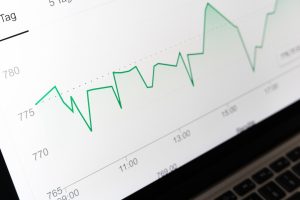Forex trading is a popular investment activity in Australia, with many individuals and businesses participating in the market. However, like any other investment activity, forex trading is subject to taxation. In this article, we will explore how forex trading is taxed in Australia.
Australian Taxation System
Australia has a progressive taxation system, which means that the more you earn, the higher the percentage of tax you pay. The tax system is administered by the Australian Taxation Office (ATO), which is responsible for collecting taxes and enforcing tax laws.
Forex Trading Taxation
Forex trading is considered a speculative activity in Australia, which means that it is subject to capital gains tax (CGT). CGT is a tax on the profit or gain made from the sale of an asset, such as shares, property, or forex. The tax is calculated on the difference between the purchase price and the sale price of the asset.
In Australia, the CGT rate is based on the individual’s marginal tax rate. The marginal tax rate is the percentage of tax paid on the last dollar earned. The rate ranges from 0% to 45%, depending on the individual’s income.
For individuals, the CGT applies to forex trading profits made on investments held for more than 12 months. These are considered long-term investments, and the tax rate is 50% of the individual’s marginal tax rate. For investments held for less than 12 months, the profit is considered a short-term investment, and the tax rate is the individual’s marginal tax rate.
For businesses, the CGT applies to forex trading profits made on investments held for less than 12 months. These are considered trading stock, and the tax rate is the business’s marginal tax rate. For investments held for more than 12 months, the profit is considered a capital asset, and the tax rate is 50% of the business’s marginal tax rate.
Forex trading losses can also be claimed as a tax deduction in Australia. The losses can be offset against other income, such as employment income or business income. This can reduce the individual’s or business’s taxable income, resulting in a lower tax bill.
Forex Trading and GST
Goods and Services Tax (GST) is a tax on the supply of goods and services in Australia. Forex trading is not subject to GST, as it is considered a financial service, which is exempt from GST.
Conclusion
Forex trading is a popular investment activity in Australia, and it is subject to capital gains tax. The tax rate is based on the individual’s or business’s marginal tax rate and the duration of the investment. Forex trading losses can be claimed as a tax deduction, and GST does not apply to forex trading. It is important to keep accurate records of forex trading activities to ensure that the correct tax is paid, and to consult a tax professional if necessary.





